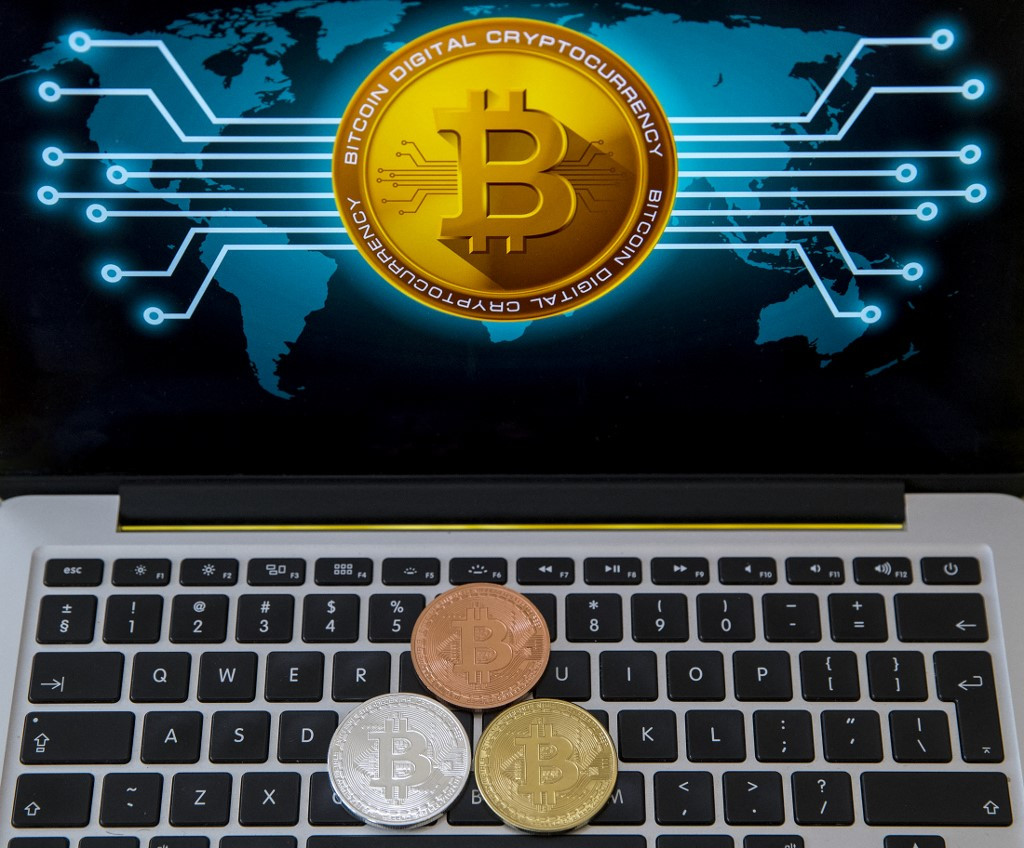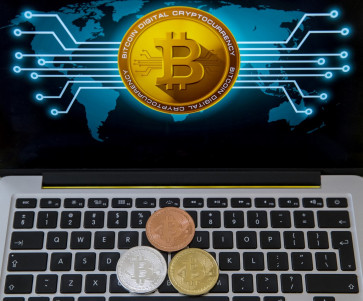Popular Reads
Top Results
Can't find what you're looking for?
View all search resultsPopular Reads
Top Results
Can't find what you're looking for?
View all search resultsHow digital rupiah can improve Indonesian-G20 economic engagement
Despite its high-growth factors, Indonesia only accounted for a minute percentage of the more than 10,000 technology companies founded in emerging markets from 2014 to 2020.
Change text size
Gift Premium Articles
to Anyone
B
ank Indonesia (BI) and the Bank for International Settlements (BIS) Innovation Hub launched its G20 TechSprint event in April, inviting developers to explore some of the challenges that central bank digital currencies (CBDCs) and their implementation face. This event focused on three specific areas: building effective and robust means to issue, distributing and transferring CBDCs, enabling financial inclusion and improving interoperability.
Indonesia has planned to create a digital rupiah since 2021. However, Indonesia's recent reiteration of its interests in investigating CBDC implementation is one that is undoubtedly timed with Indonesia's current Group of 20 (G20) presidency, with a digital rupiah potentially helping to increase desperately needed cross-border trade flows with Indonesia's fellow G20 partners. It also demonstrates the technological potential of Indonesia in the Web 3.0 ecosystem to the rest of the world.
However, CBDC implementation in Indonesia may prove to be complex, with the Indonesian government being historically unkind to digital assets as an entire ecosystem. Statements made in November 2021 by assistant central bank governor Juda Agung detailing how "CBDC would be one of the tools to fight crypto" created consumer confusion in understanding the differences between cryptocurrencies and CBDCs. This problem is compounded by BI’s previous landmark decision in December 2017 to ban the use of "virtual currency in payment system activities".
Further compounding the issue of defining digital assets terminology in Indonesia, in November 2021, the Indonesian Ulema Council (MUI) declared cryptocurrencies haram, preventing their use by Indonesia's Muslim-majority population. While the MUI is not a legislative government organization, it does hold significant status as Indonesia’s top Islamic scholarly body. Therefore, while the MUI has not explicitly declared CBDCs haram, its earlier ruling may hurt public acceptance of a digital rupiah owing to the need to educate consumers who may conflate cryptocurrencies and CBDCs as one.
A key problem that Indonesia is currently facing in its G20 presidency is a low level of economic engagement with other G20 countries, particularly when compared with trade between other G20 nations. The imbalance in these relationships and the influence that economic trade has on political dynamics may be a reason that Indonesia is pursuing a better understanding of digital rupiah implementation at this point in time.
Indonesia's geographical location, currency transaction issues and other challenges continue to prove problematic for increasing trade between Indonesia and its fellow G20 forum members. To this end, Indonesia highlighted the use of local currency settlements for cross-border trade and investment in February.
Understanding the way a CBDC would impact local economies could help enable Indonesian enterprises to engage in more transactions both domestically and internationally, enabling expanded reach of a digital rupiah from being primarily retail-facing to having wholesale attributes. This point lends itself well to BI and BIS' current focus areas of enabling financial inclusion and improving interoperability of a potential Indonesian CBDC.



















